- Home›
- Healthy Living›
- World Breastfeeding Week 2023- 12 Foods You Can Eat To Improve Breast Milk Production
World Breastfeeding Week 2023- 12 Foods You Can Eat To Improve Breast Milk Production
By: Priyanka Maheshwari Fri, 04 Aug 2023 6:07:01

Breast milk production is a natural process that occurs in the mammary glands of lactating individuals, primarily females. It provides essential nutrition and immune support for newborns and infants. The production of breast milk is influenced by hormonal changes, supply and demand, and other factors. Here's an overview of the key aspects of breast milk production:
- Hormonal Regulation: Hormones play a crucial role in breast milk production. During pregnancy, the hormone prolactin increases, preparing the mammary glands for milk production. After childbirth, prolactin levels remain high, stimulating milk production. Another hormone called oxytocin helps with milk ejection (let-down) and is released when the baby suckles at the breast.
- Supply and Demand: Breast milk production follows a supply-and-demand principle. The more frequently and effectively a baby breastfeeds, the more milk the body produces. Emptying the breasts frequently signals the body to make more milk.
- Colostrum: In the first few days after childbirth, the body produces colostrum, a nutrient-rich, antibody-packed fluid that helps protect the newborn's immune system and supports their early growth.
- Transitional Milk: After colostrum, the body gradually transitions to producing mature milk. This milk contains the right balance of nutrients and energy for the baby's growth.
- Milk Composition: Breast milk composition changes over time to meet the baby's changing nutritional needs. It contains essential nutrients, antibodies, enzymes, hormones, and immune cells that provide optimal nutrition and protection against infections.
Factors Affecting Milk Production:
- Frequency of Feeding: Regular and frequent breastfeeding stimulates milk production.
- Effective Latch: A proper latch helps the baby extract milk efficiently.
- Hydration and Nutrition: Staying well-hydrated and consuming a balanced diet can support milk production.
- Rest and Stress: Adequate rest and managing stress positively impact milk production.
- Medical Conditions: Certain medical conditions can affect milk production, so consulting a healthcare provider is important if concerns arise.
- Pumping and Milk Storage: Breast milk can be pumped and stored for later use. Pumping helps maintain milk supply and allows others to feed the baby. Proper storage and handling are essential to preserve the quality of breast milk.
- Weaning: Gradual weaning, which is the process of transitioning the baby from breast milk to other foods, should be done based on the baby's developmental readiness and nutritional needs.
- Individual Variation: Breast milk production varies among individuals. Some might produce more milk than needed, while others might struggle with low supply. Seeking support from lactation consultants, healthcare providers, and breastfeeding support groups can be helpful.
Foods to increase breast milk production

# Garlic
Garlic is often believed to have potential benefits for breast milk production, though scientific evidence is somewhat limited and mixed. Some cultures have used garlic for centuries to promote lactation. It's important to note that while some individuals report positive effects from consuming garlic to boost milk supply, results can vary.
The possible connection between garlic and breast milk production is thought to be related to certain compounds in garlic that might stimulate milk production or increase milk let-down reflexes. However, more research is needed to establish a clear cause-and-effect relationship.
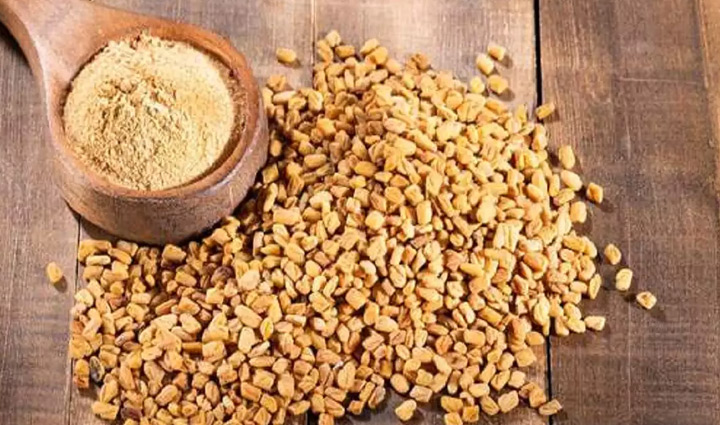
# Fenugreek seeds
Fenugreek seeds are a traditional remedy that some people believe can help promote breast milk production. While scientific evidence on their effectiveness is mixed, some individuals report positive effects.
You can consume fenugreek seeds directly, either by chewing them or swallowing them with water. Alternatively, you can grind the seeds into a fine powder and incorporate it into your food or beverages.
Fenugreek tea is another option. To make fenugreek tea, steep a teaspoon of fenugreek seeds in hot water for about 10-15 minutes. You can sweeten it with honey if desired.

# Fennel seeds
Fennel seeds are another herb that has been traditionally used to potentially support breast milk production. Like fenugreek, scientific evidence for their effectiveness is limited, but some individuals find them helpful.
Fennel seeds can be consumed whole or as a tea. Here's how you can use both methods:
- Whole Seeds: Chew on a small amount (around 1 teaspoon) of fennel seeds a few times a day. The act of chewing the seeds might stimulate milk production.
- Fennel Tea: To make fennel tea, steep 1 teaspoon of fennel seeds in hot water for about 10-15 minutes. You can strain the seeds or use a tea infuser. Drink the tea warm or at room temperature. You might consider sweetening it with honey if desired.

# Drumstick
Drumstick, also known as Moringa oleifera, is a plant that has been traditionally used in various cultures for its potential health benefits, including promoting lactation. It contains nutrients and compounds that might support milk production.
Drumstick pods can be cooked and consumed as part of your meals. They are often used in curries, soups, and stews in various cuisines.
Drumstick leaves are also edible and can be used in cooking. They can be added to salads, soups, and other dishes.
Drumstick powder, made from dried drumstick leaves, is available in some health stores and online. It can be added to various dishes or mixed with water or juice.
Drumstick leaves can be used to make a tea. Here's how:
- Wash a handful of fresh drumstick leaves.
- Boil them in water for a few minutes.
- Strain the leaves and drink the tea warm or at room temperature. You can add a natural sweetener like honey if desired.
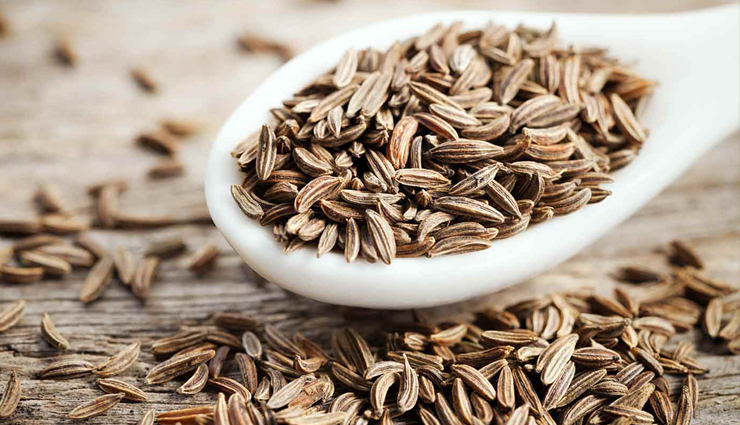
# Cumin seeds
Cumin seeds are another traditional remedy that some people believe might help promote breast milk production. While scientific evidence is limited, cumin seeds are widely used in cooking and are known to have various health benefits.
Cumin seeds can be used as a spice in cooking. They have a warm and slightly nutty flavor. You can add them to various dishes such as curries, stews, soups, and even rice dishes.
One popular method is to prepare cumin water. Here's how:
- Boil a teaspoon of cumin seeds in a cup of water for about 5-10 minutes.
- Let the water cool down and strain the seeds.
- Drink the cumin-infused water. You can consume it warm or at room temperature.
Similar to cumin water, you can make cumin tea by steeping cumin seeds in hot water for a few minutes. Strain the seeds and drink the tea.

# Cinnamon
Cinnamon is a popular spice that has been used for its potential health benefits, though its direct impact on breast milk production is not well established. While some people believe that cinnamon may have lactation-promoting properties, scientific evidence is limited.
Cinnamon powder is commonly used as a spice in both sweet and savory dishes. You can add a pinch or more of cinnamon powder to oatmeal, yogurt, smoothies, baked goods, and other recipes.
Cinnamon tea is a soothing and flavorful option. Here's how you can make it:
- Boil a cup of water.
- Add a cinnamon stick or a teaspoon of cinnamon powder to the boiling water.
- Let it steep for about 5-10 minutes.
- Remove the cinnamon stick or strain the tea if using cinnamon powder.
- Drink the cinnamon tea warm.

# Masoor Daal
Masoor dal, also known as red lentils, is a nutritious legume that can be a part of a balanced diet. While there isn't substantial scientific evidence linking masoor dal directly to breast milk production, it's a good source of protein, vitamins, and minerals that can contribute to overall maternal health. A well-nourished body is more likely to support lactation.
Masoor dal can be cooked and used as a protein-rich ingredient in various dishes. Here's a basic method to cook masoor dal:
- Rinse the lentils under running water until the water runs clear.
- In a pot, combine the rinsed lentils with water (usually around 2 to 3 times the amount of lentils).
- Bring the water to a boil and then reduce the heat to a simmer.
- Cook the lentils until they are soft and tender, usually around 20-30 minutes.
- You can season the cooked lentils with spices, vegetables, and herbs according to your taste.
Cooked masoor dal can be used to prepare delicious curries, soups, stews, and dals. Add your favorite spices, vegetables, and seasonings to create flavorful and nutritious meals.
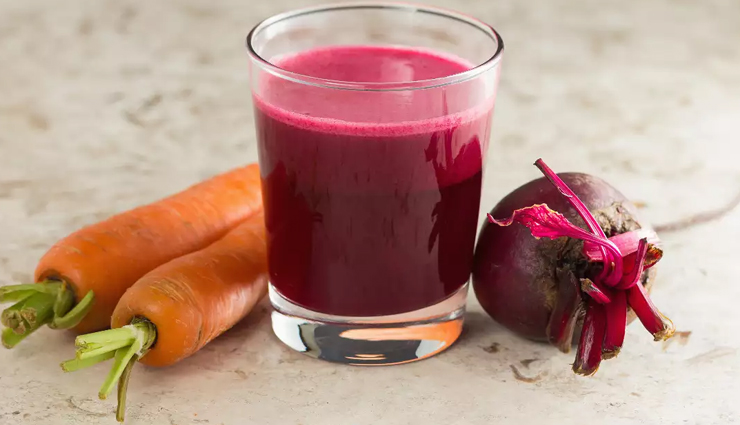
# Carrots and beets
Carrots and beets are nutritious vegetables that can be included in a balanced diet, providing essential vitamins, minerals, and fiber. While there's no direct scientific evidence linking carrots and beets to breast milk production, their nutritional content can contribute to overall maternal health, which is important for supporting lactation.
- Raw Carrots: Eating raw carrots as a snack is a simple way to enjoy their crispness and natural sweetness. Wash and peel carrots, and cut them into sticks for easy snacking.
- Cooked Carrots: Cooked carrots can be a versatile addition to various dishes. You can steam, boil, roast, or sauté them. Season with herbs and spices for added flavor.
- Carrot Soups: Carrots can be used to make delicious and nutritious soups. Blend cooked carrots with vegetable broth and seasonings to create a comforting and flavorful soup.
- Carrot Smoothies: Add grated carrots to your smoothies for extra nutrients and a hint of sweetness.
- Roasted Beets: Roasting beets brings out their natural sweetness. Wash, peel, and chop beets into bite-sized pieces. Toss them with olive oil, salt, and pepper, then roast in the oven until tender.
- Beet Salads: Grate or slice beets and use them in salads. They add vibrant color and a unique earthy flavor.
- Cooked Beets: Beets can be boiled or steamed until tender and then used as a side dish.
- Beet Smoothies: Blend cooked beets into your smoothies for added nutrients and color.
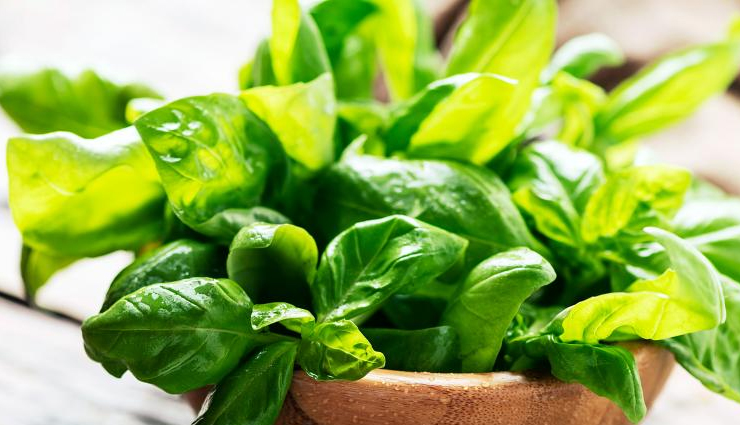
# Basil
Basil is a popular culinary herb that is also believed to have potential benefits for supporting breast milk production. While scientific evidence is limited, some cultures have used basil for its lactation-promoting properties.
Fresh basil leaves can be used to infuse dishes with a delightful flavor. Here are a few ways to use fresh basil:
- Add chopped basil leaves to salads for a burst of freshness.
- Mix chopped basil into pasta dishes, soups, stews, and sauces.
- Make a basil pesto by blending fresh basil leaves with olive oil, garlic, pine nuts or walnuts, and Parmesan cheese. Use the pesto as a pasta sauce or a dip for vegetables.
Basil Tea: Basil tea is a popular option that some believe can support lactation. To make basil tea:
- Wash a handful of fresh basil leaves.
- Place the leaves in a cup and pour boiling water over them.
- Cover the cup and let the basil steep for about 5-10 minutes.
- Strain the leaves and drink the tea warm.

# Almonds
Almonds are nutrient-rich nuts that can provide a variety of health benefits, including potential support for breast milk production. They are a good source of healthy fats, protein, and vitamins that contribute to overall maternal health.
- Almond Snacks: Eating raw almonds as a snack is a convenient and nutritious option. A handful of almonds can provide a quick energy boost and essential nutrients.
- Almond Milk: Almond milk is a dairy-free alternative to cow's milk. You can find it at most grocery stores or make your own by blending soaked almonds with water and straining the mixture. It can be used in cereal, smoothies, coffee, and cooking.
- Almond Butter: Almond butter can be spread on toast, crackers, or used as a dip for fruits and vegetables. It's a tasty and convenient way to enjoy the benefits of almonds.
- Almond Recipes: Incorporate almonds into various recipes, such as salads, yogurt parfaits, oatmeal, and baked goods.
- Soaked Almonds: Some people believe that soaking almonds before consumption can make them easier to digest and potentially increase nutrient availability. To soak almonds, simply place them in water overnight and then peel off the skin before eating.
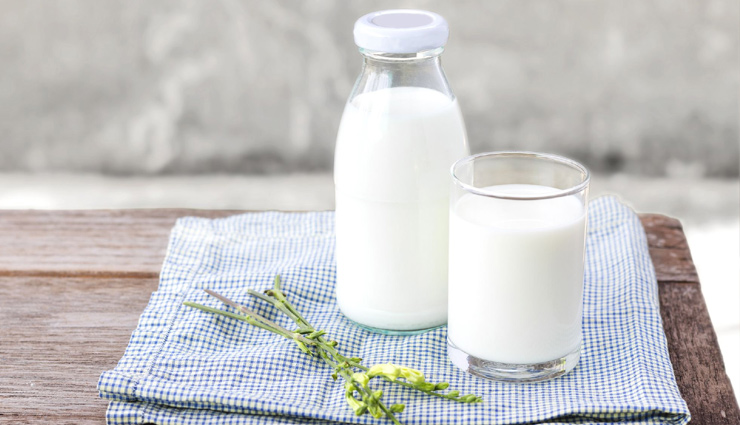
# Milk
Drinking milk, particularly cow's milk, is a common practice to support overall health and potential breast milk production. Milk is a good source of calcium, protein, and other nutrients that can contribute to maternal well-being.
- Variety of Milk: Different types of milk are available, such as cow's milk, plant-based milk (like almond, soy, or oat milk), and fortified milk. Choose the type that suits your dietary preferences and any potential allergies.
- Regular Consumption: Include milk as part of your daily diet. Drinking a glass of milk with meals or as a snack can provide essential nutrients.
- Fortified Milk: If you're considering plant-based milk, opt for varieties that are fortified with calcium and vitamin D to ensure you're getting these important nutrients.
- Milk in Recipes: Use milk in cooking and baking. It can be added to oatmeal, smoothies, cereal, coffee, and tea, or used to prepare soups, sauces, and desserts.
- Yogurt and Cheese: Dairy products like yogurt and cheese are also good sources of nutrients. Including them in your diet can contribute to overall health.

# Water
Staying well-hydrated is crucial for overall health and can also contribute to supporting breast milk production. Adequate water intake helps maintain your body's fluid balance and ensures that you have enough fluids to produce breast milk.
- Drink Regularly: Establish a habit of drinking water regularly. Aim for small sips of water frequently rather than large amounts infrequently.
- Hydrate Before and After Feedings: Drink a glass of water before and after breastfeeding sessions to help maintain your hydration levels.
- Stay Hydrated During Night Feedings: If you're breastfeeding during the night, keep a glass of water by your bedside to ensure you can hydrate easily.
- Hydrating Snacks: Consume hydrating foods like fruits (e.g., watermelon, oranges, grapes) and vegetables (e.g., cucumbers) that have high water content.
- Avoid Overhydration: While staying hydrated is important, avoid excessive water intake. Drinking too much water can actually dilute electrolyte levels and potentially lead to imbalances.





